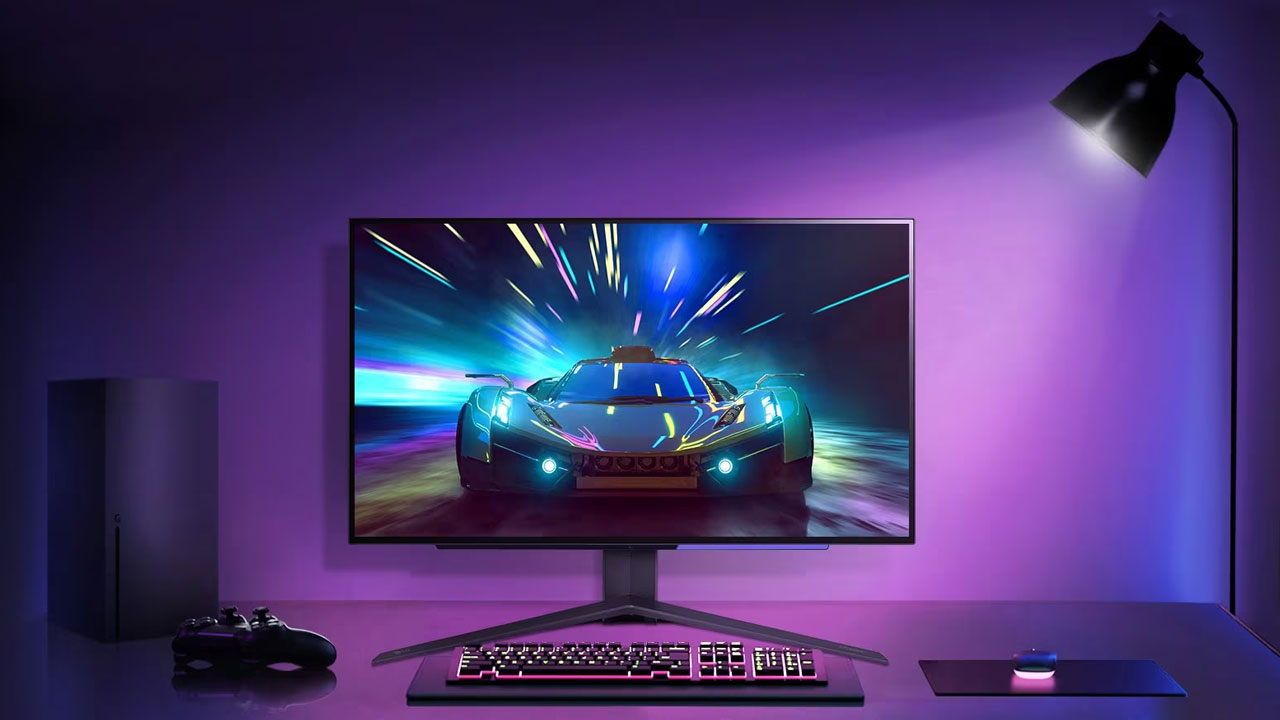
Once a thriving business to replace the traditional CRT displays from the top of our desks, the LCD technology is seemingly now a liability for South Korean companies like LG and Samsung. This week LG Display inked a deal to sell its China-based LCD plant in a bid to focus on it more profitable OLED business, reports Reuters.
LG Display is selling its majority stake in its Guangzhou, China LCD plant to TCL's CSOT unit for 10.8 billion yuan ($1.54 billion), the report claims citing a regulatory filing. The deal includes LG Display's 80% stake in the LCD panel facility and full ownership of the LCD module assembly plant. The plant, originally a joint venture with Guangzhou Development District and Skyworth holding company, then a majority-owned by LG Display, was created to produce large LCD panels, but LG Display no longer sees itself in this business, according to Korea Economic Daily Global.
The transaction is expected to finalize by March 2025, then LG is set to focus entirely on its OLED business, where it holds a competitive edge. The company sees greater long-term potential in OLED panels, which are used for premium displays, including small-sized for smartphones, mid-sized for laptops and desktop PCs, and large-sized for TVs.
Once the sale is complete, LG Display will continue to produce large OLED panels in China, so this is not an business exodus from China, rather a consolidation of businesses.
LG Display plans to use the proceeds from the sale to strengthen its OLED operations and improve its financial stability in a bid to be more competitive on this side of the display business with multiple companies, including Samsung Display and, CSOT. The company has been scaling up its OLED production in recent years and with additional funds, it can scale up production. As demand for OLED technology increases, LG Display aims to bolster its leadership in this space, especially for large applications, so $1.54 billion will be most welcome.
Reuters points out that LG Display has been experiencing quarterly losses, largely due to a slump in demand for LCD display panels used in consumer electronics (i.e., iPhones first switched to Japan-based Sharp controlled by Foxconn and then dumped LCDs). The sale of the Guangzhou LCD plant is seen as a strategic step to improve its financial health and invest in future growth.







